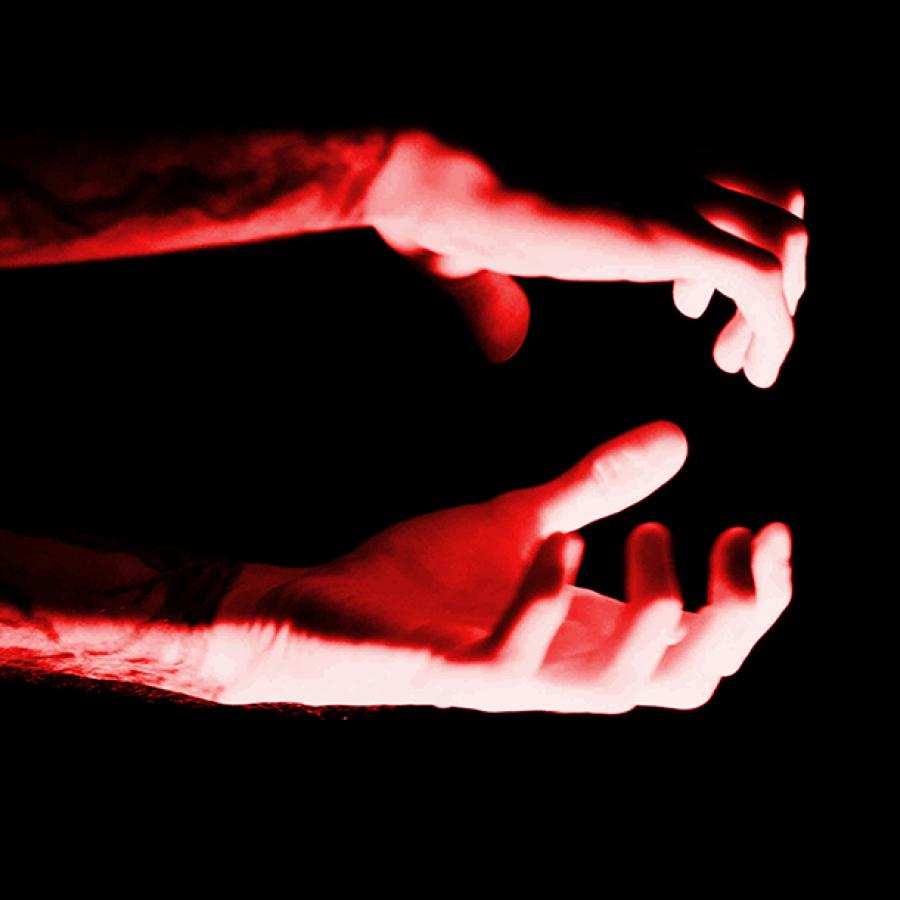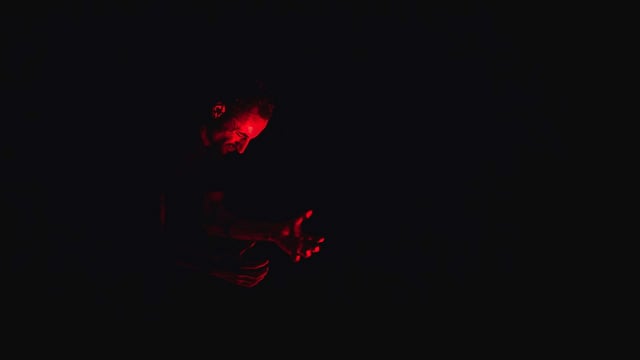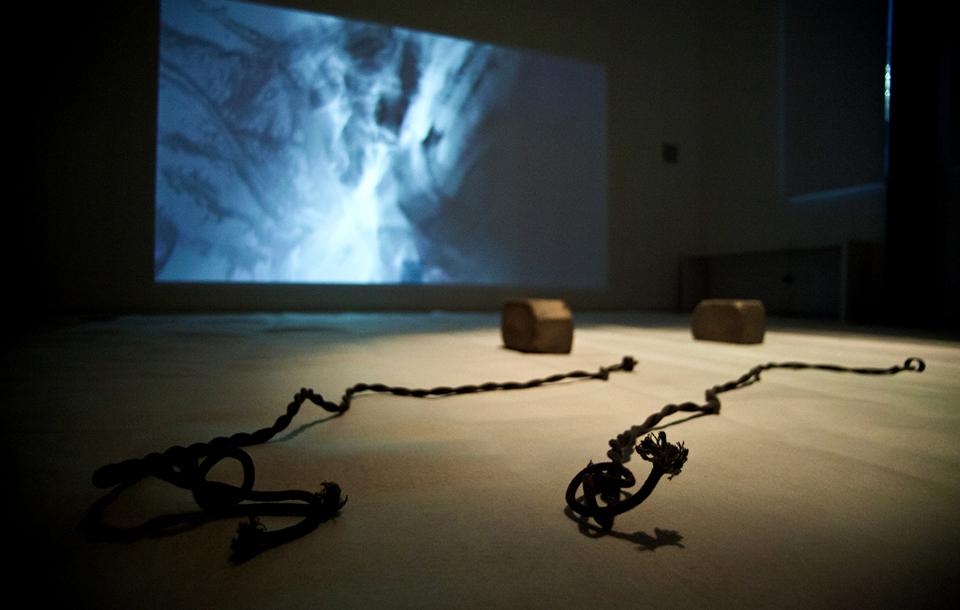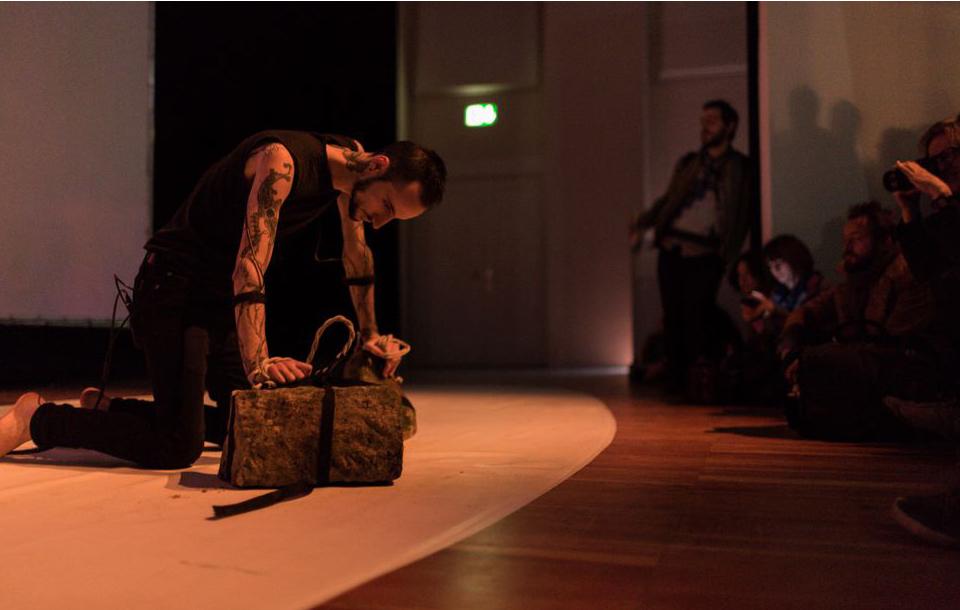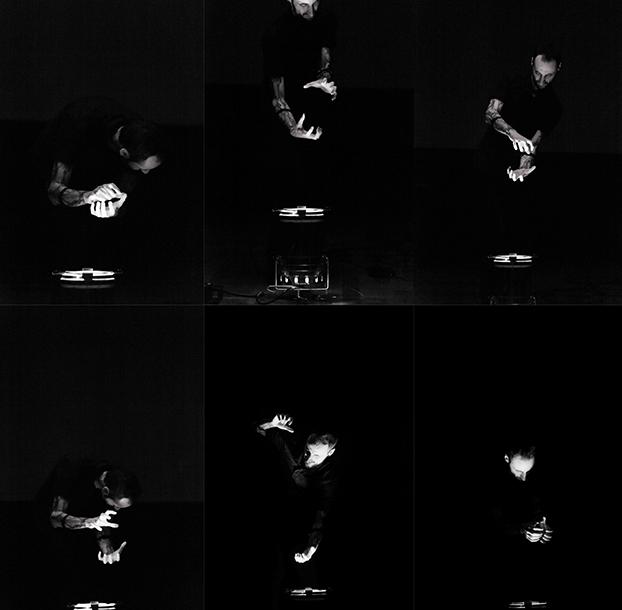For Marco, enrolling on the Sound Design - MScR programme seemed the perfect opportunity to expand and refine his sound design skills. The part-time study option allowed Marco the flexibility to work in the industry alongside his research.
Since graduating Marco has completed a PhD which continued on his research from his time at ECA at Goldsmiths College, University of London. He works as an independent media artist, performer, musician, and stage director, often in collaboration with a team of artists, designers, engineers, and scientists.
Why I chose to study Sound Design - MScR
It was partly by chance, admittedly. After a three-year break from university, in 2010 I found myself in Edinburgh, because I loved the city. At the time I was in the early stage of my career as a media artist and performer, and I was not planning to take up academic studies. Then I discovered the MSc by Research in Sound Design at ECA, and I quickly became interested in the richness and flexibility of the program. I visited an open day and scheduled a meeting with Head of Music and Sound Design Programme Director, Dr. Martin Parker, who later became my supervisor. The programme’s content and modules seemed the perfect opportunity for me to expand and refine my skills to become the kind of artist I wanted to be. The fact that I could take the programme part-time over two years was also important for me. This was helpful financially, as I could split the tuition fees over two years and it was also beneficial to my research, as I could spend two years at ECA, and therefore take my time to plan and conduct research.


